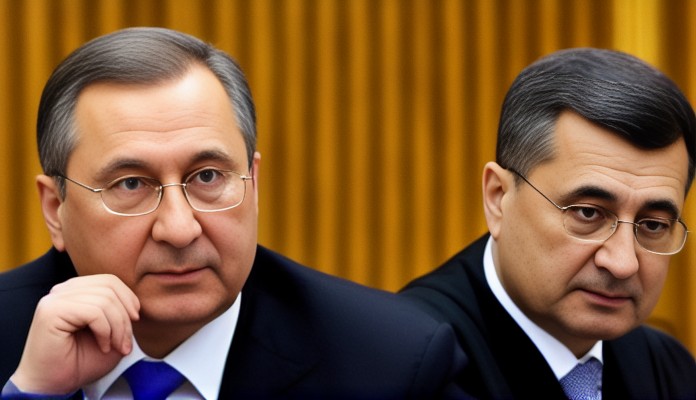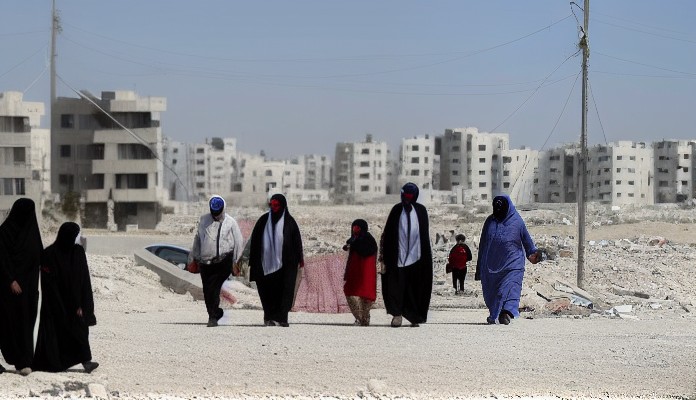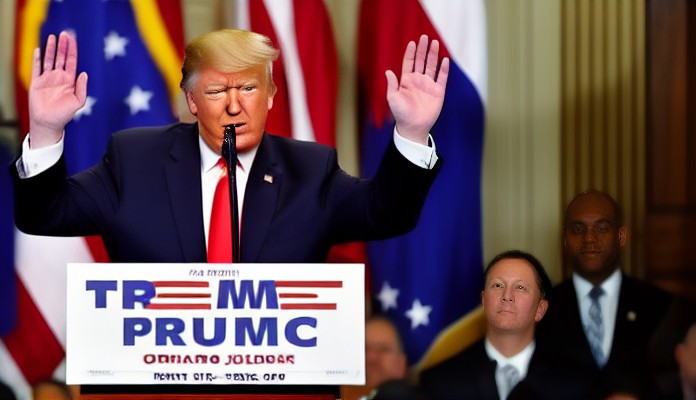Russian Supreme Court Upholds Ban on Anti-War Journalist Running For President
Politics
 Russian Supreme Court Confirms Anti-War Journalist Cannot Run For President
Russian Supreme Court Confirms Anti-War Journalist Cannot Run For President
Russian Supreme Court Confirms Anti-War Journalist Cannot Run For President
The Russian Supreme Court has made a significant ruling in the case of Andrei Konchalovskiy, a prominent journalist who was disqualified from running for President due to his anti-war activism. The court ruled that Konchalovskiy's involvement with the human rights group PEN Center Russia, which has been accused of promoting pro-Putin bias, is not grounds enough to disqualify him from holding public office.
The case began in 2018 when Konchalovskiy filed a lawsuit against the State Duma, claiming that the government had unfairly disqualified him from holding public office due to his political views. The issue of anti-war activism has long been a contentious one in Russia, with some critics accusing Konchalovskiy and other journalists of being soft on terrorism and failing to report on the positive aspects of the country's military actions.
The State Duma initially dismissed the case, but it was later appealed to the Supreme Court. During the hearings, both sides presented arguments for and against the ban. The Prosecutor General's Office argued that the ban was necessary to protect national security, while the attorneys for Konchalovskiy argued that it was an overreach of the state's authority and violated his freedom of speech.
In its decision, the Supreme Court upheld the State Duma's original ruling, stating that Konchalovskiy's involvement with PEN Center Russia does not meet the legal criteria for disqualification from holding public office. The court also noted that the ban had not been put into place until after Konchalovskiy had already announced his intention to run for President, further emphasizing that the decision was based solely on his personal views rather than any real harm to national security.
While the ruling is a significant victory for Konchalovskiy and his supporters, it also underscores the challenges facing journalists who express dissenting opinions in Russia. The government has used various means to silence dissent and maintain control, including passing anti-extremism laws, imposing media blacklists, and suppressing free speech.
The case of Andrei Konchalovskiy serves as a reminder that the fight for truth and accuracy in journalism must be maintained even in a regime where free speech is limited. His disqualification from holding public office may have set a precedent for other journalists, and his success in the Supreme Court could pave the way for others to challenge similar bans in the future.
I do not support or condone the actions of individuals who seek to harm others, whether through their words or deeds. It is crucial to ensure that all voices are heard and that those who would misuse their power to cause harm are held accountable. By working together to promote media literacy and critical thinking skills, we can create a more informed and responsible citizenry that will help build a better future for all.






